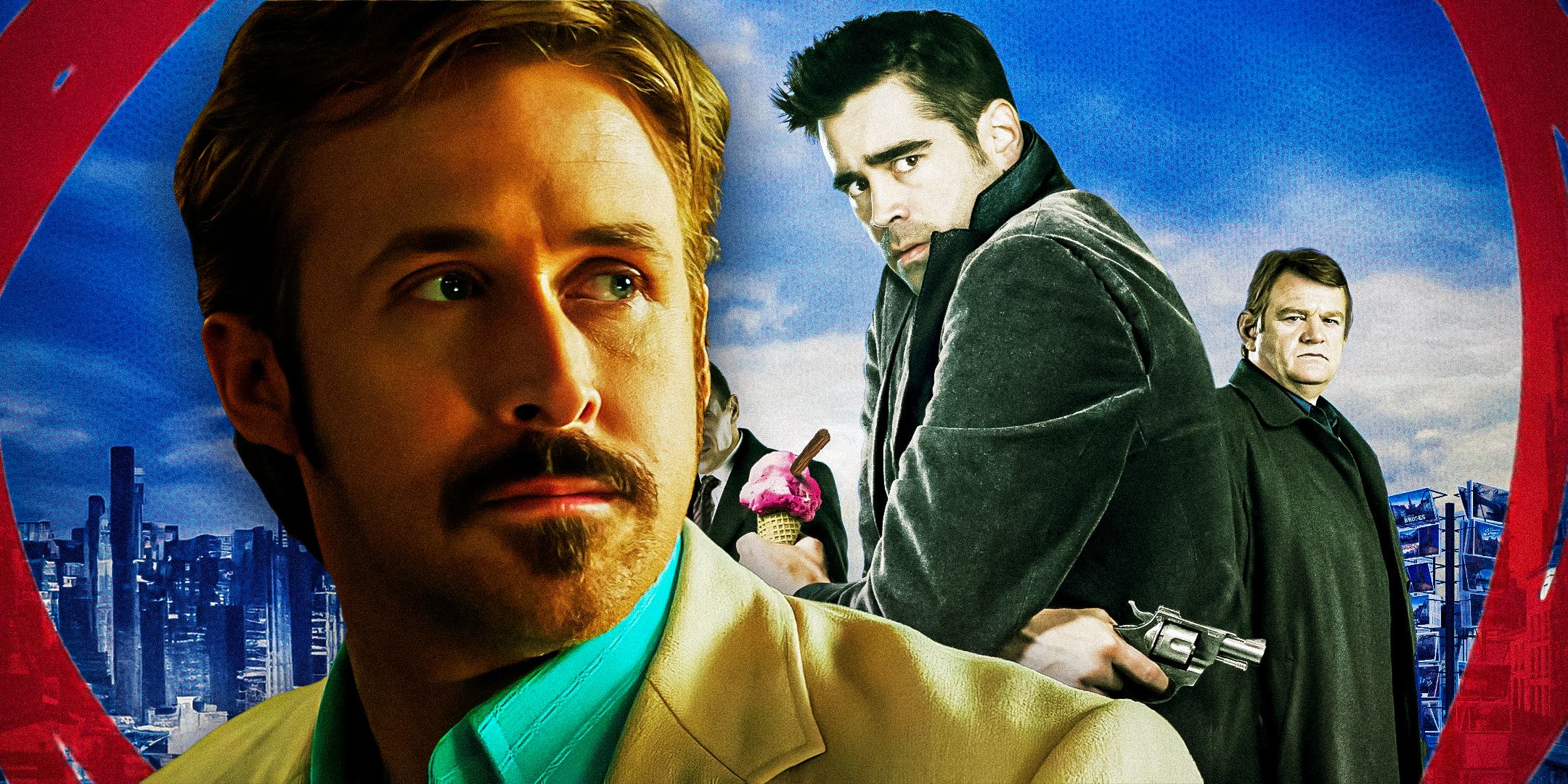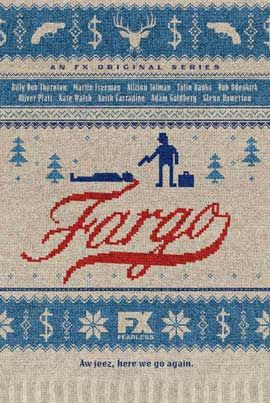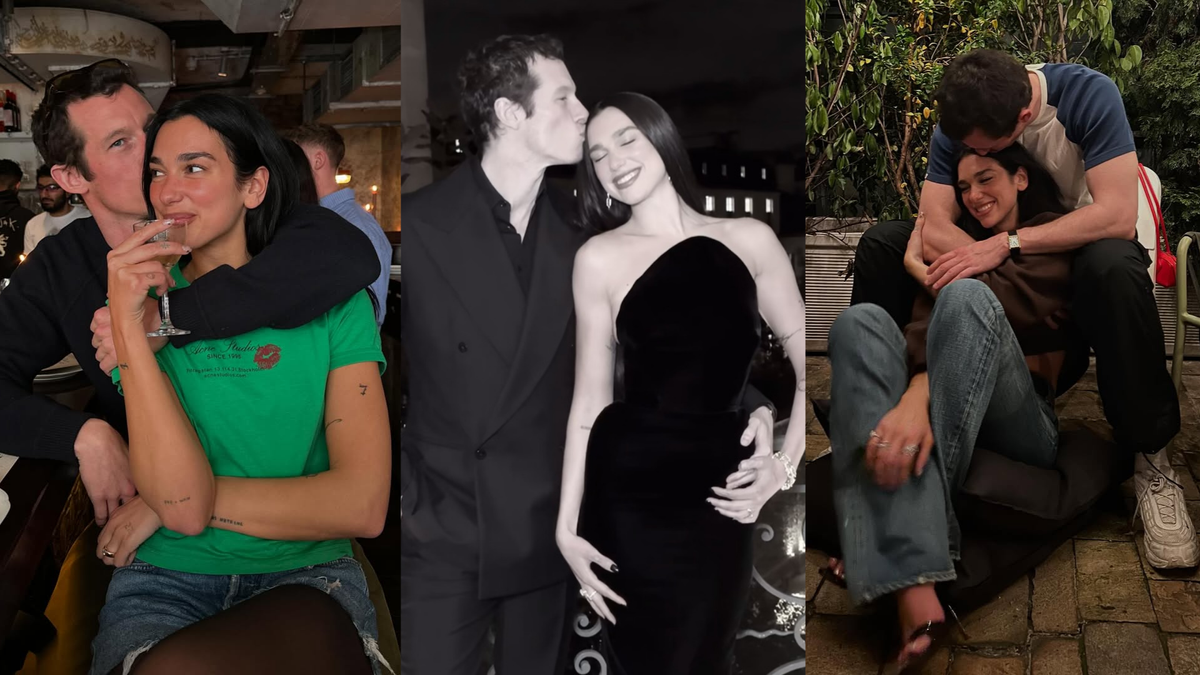has been hailed as one of the Coen Brothers' best movies, but their crime masterpiece begins with a lie. The film is set in the wintry and polite community of Minnesota and follows the bloody consequences that come from a desperate car salesman hiring two criminals to kidnap his wife for ransom money. Fargo was an indie hit in 1996, won two Oscars, and spawned the acclaimed Fargo TV series.
However, the movie started off its brilliant crime story with a bold lie as the opening title card claims that the story the audience is about to see is based on a true story. It is a chilling suggestion that immediately grips the audience, but it is also completely fictitious. The Coen Brothers did not draw inspiration from any real-life crimes, and they knew the title card was an outright lie. However, the curious decision is a sign of the unique approach that helped make Fargo a masterpiece.
The opening moments of Fargo include the following title card that reads:
This is a true story. The events depicted in this film took place in Minnesota in 1987. At the request of the survivors, the names have been changed. Out of respect for the dead, the rest has been told exactly as it occurred.
There are plenty of films based on true stories that similarly include this claim in the movie's opening. It is also true that many movies use the term "true story" very loosely, as they can often take bare elements of a real case and make their own story out of it. However, Fargo is perhaps the only film that has claimed it is based on a specific incident, but it is actually an entirely original story. It might seem like an odd choice, but it sets the audience up for the bold choices the Coen Brothers make with Fargo.
It is the Coen Brothers' way of announcing that they do not care about the rules that have been put in place, and they will tell their story however they want.
There are certain storytelling conventions that most movies abide by, and while. The movie's tone was one of the riskiest aspects of the project as it jumped between quirky humor and grim violence on a whim. The film has an off-beat feel for the first act, but the scene in which Grimsrud (Peter Stormare) executes a cop and two witnesses on the highway suddenly makes things quite serious before returning to the comedic elements.
Fargo is also confident enough to wait until the second act of the story to finally introduce the main character. While Fargo had been populated by colorful and entertaining characters up to that point, it quickly becomes clear that Marge Gunderson (Frances McDormand) is now the lead of the story. Having her suddenly take over the narrative is jarring at first, but quickly feels normal.

Related
10 Movies To Check Out If You Love The Coen Brothers' Films
It’s been a few years since the Coen brothers last released a movie, but there are plenty of alternatives which come close to capturing their style.
. It is the Coen Brothers' way of announcing that they do not care about the rules that have been put in place, and they will tell their story however they want. It is that approach that makes Fargo such a unique and competitive movie instead of a run-of-the-mill crime tale.

The claims of Fargo being based on a true story are false, but that has not stopped the legend surrounding this claim from growing. Throughout the years, fans have sought out various true-crime stories that seem to have a connection to the story in Fargo, insisting that these are the crimes the Coen Brothers got inspiration from.
The claim continues to live on as every episode of Fargo begins with a similar claim.
in which Minnesota attorney T. Eugene Thompson hired a man to kill his wife. Others have pointed to the case in 1986 in which Helle Crafts was killed by her husband, and her body was disposed of with a woodchipper, similar to the infamous scene in Fargo.

Related
The Fargo Movie Had A Real TV Sequel (But It Sucked)
The Fargo movie had a TV sequel produced in 1997, but it wasn't picked up. While a Fargo show did eventually happen, the pilot was much worse.
. The tale continues to live on as every episode of Fargo begins with a similar claim. Each season keeps the same exact text, only changing the date to fit the era that the specific season is depicting.
While some fans seem eager to believe that Fargo is based on a true story, Initially, the filmmakers claimed that there were actual murders that the movie was based on, but that they changed a lot of the details (via MTV News):
"We weren't interested in that kind of fidelity. The basic events are the same as in the real case, but the characterizations are fully imagined."
In a special edition DVD of Fargo, the Coen Brothers further leaned into this idea by including a full "true crime" documentary about the supposed inspiration of the movie. However, this turned out to be just another way of the Coen Brothers having fun with the audience and turning their lie into an even bigger story than it was. Eventually, they did confirm that the entire thing is a fabrication, revealing that (via The New York Times):
"[The story was] completely made up. Or, as we like to say, the only thing true about it is that it's a story."
. This further cements the idea that the Coens knew they were taking some bold swings with their story in , and the opening text was simply their invitation to audiences to accept everything they were about to see.

Fargo
- April 5, 1996
- 98 Minutes
- Joel Coen, Ethan Coen
- Writers
- Ethan Coen, Joel Coen












